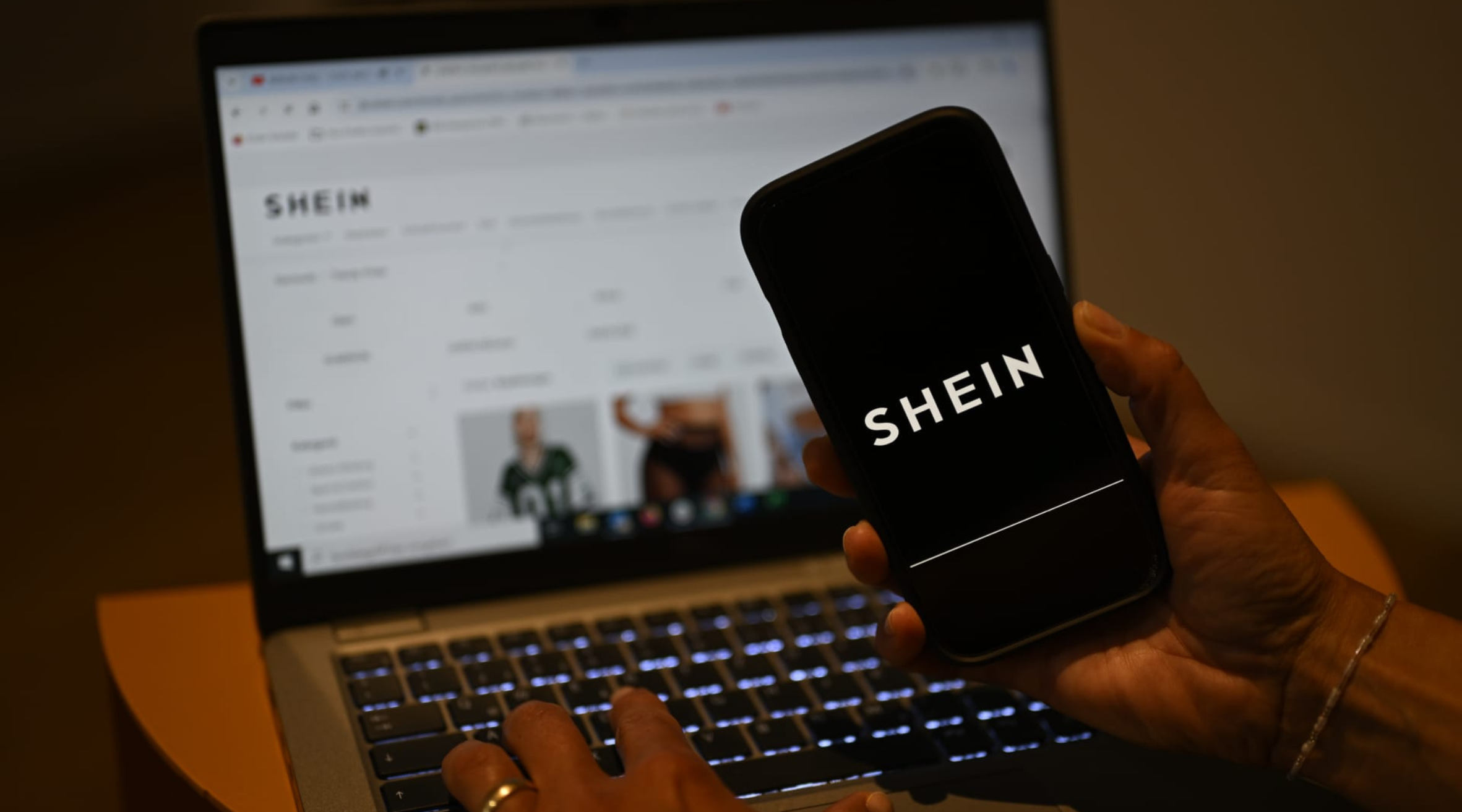USA (Transatlantic Today) – Shein’s ambitions for a U.S. IPO, announced seven months ago, appear increasingly unlikely, experts suggest. The e-commerce giant has encountered numerous obstacles, prompting a strategic shift towards the London market.
Bipartisan Scrutiny and Security Concerns
Shein has faced bipartisan scrutiny in the U.S. over national security concerns, alleged forced labor links, and perceived unfair competitive advantages due to customs loopholes. These issues have significantly hampered its IPO efforts.
Market Expansion Despite Challenges
Despite these challenges, Shein continues to expand its market presence in the US, taking significant market share from established retailers such as Macy’s and Gap. However, increasing political resistance to the IPO in the US is directing the company towards alternative markets.
Shifting the focus to London
As tensions escalate between Beijing and Washington, Shein is reportedly preparing for a £50 billion IPO in London. Given the current political and economic climate, this move is seen as a strategic pivot as the UK market is relatively easy to serve.
Political and regulatory opposition
Shein’s bid for an IPO in the US is facing significant opposition, with federal and state officials urging the SEC to scrutinize or block the offer. This heightened scrutiny is part of a broader trend of scrutinizing companies with Chinese roots.
Alternative Successes
According to CNBC, Not every Chinese company encounters the same level of pushback. For example, Chinese electric vehicle manufacturer Zeekr just went public in the United States, illustrating that some companies can traverse the difficult political context.
Concerns Over Data Privacy and National Security
Shein’s extensive brand presence in the United States has made it a target for politicians seeking to address data privacy and national security concerns. The company’s ties to China have sparked calls for greater monitoring of its data handling procedures.
Uyghur Forced Labor Allegations
Allegations of forced labor in Shein’s supply chain have hindered the company’s US IPO ambitions. The Uyghur Forced Labor Prevention Act, which targets Xinjiang-made goods, adds to the company’s compliance issues.
Customs Loopholes and Competitive Advantage
Because the company doesn’t import its products in bulk to sell from a U.S. warehouse and ships on an order-by-order basis, it’s exempt from some of the heaviest U.S. import taxes. Rivals have criticized this practice as giving Shein an unfair competitive advantage.
Future Uncertainties
If Shein’s London IPO succeeds, experts believe the company is unlikely to pursue a U.S. offering further. The political and regulatory environment in the U.S. presents significant barriers that could deter future attempts at entering the American public markets.


























